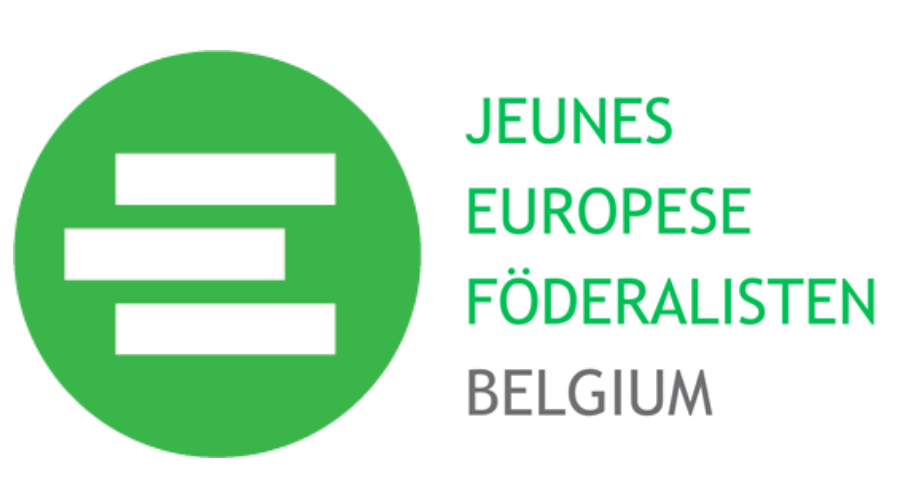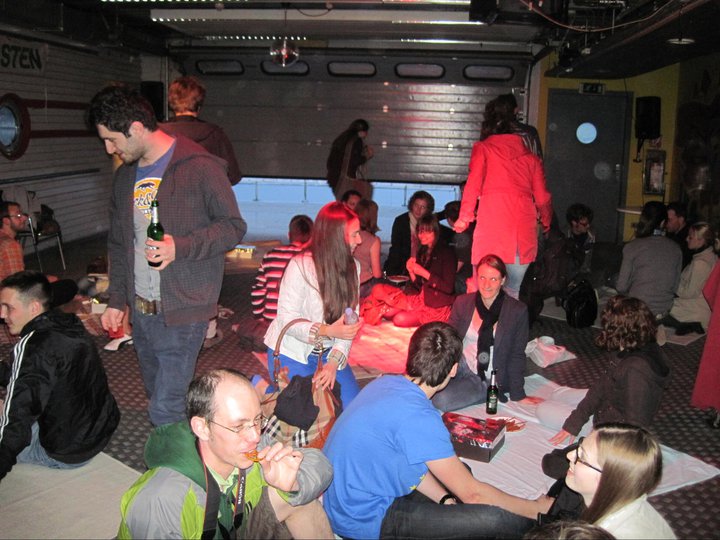JEF Sing-a-long: Lyrics to the ode to joy
If anyone ever wanted to sing along to the European anthem:
here is Friedrich von Schiller’s original german poem, which was adapted by Beethoven for use in the fourth movement of his 9th symphony. In 1972, the council of Europe elected Beethoven’s ode to joy as the European hymnn. In 1985, the European council decided to use it as the “official” European anthem.
Read more
